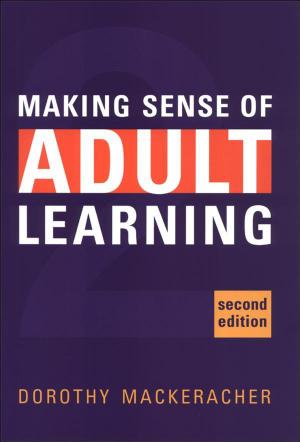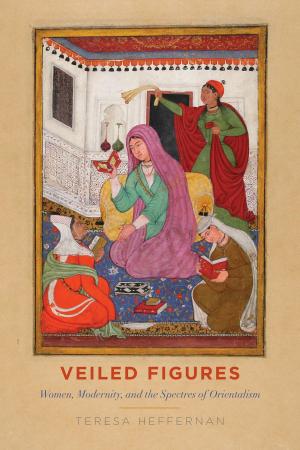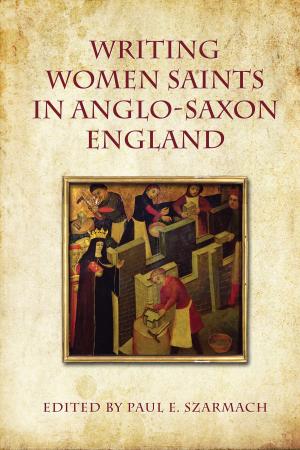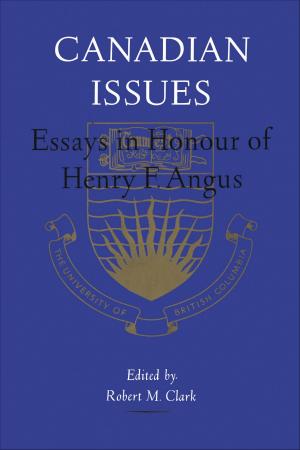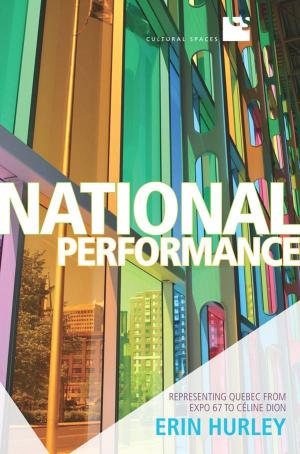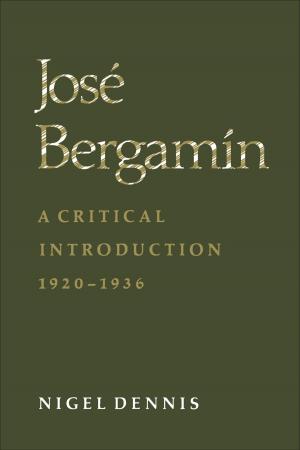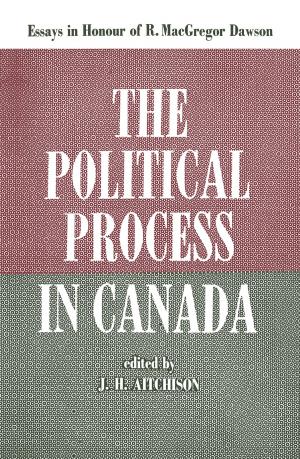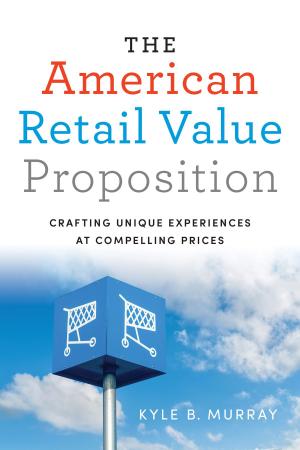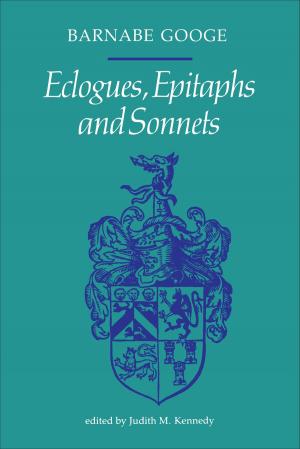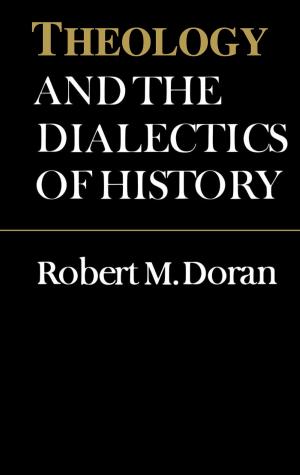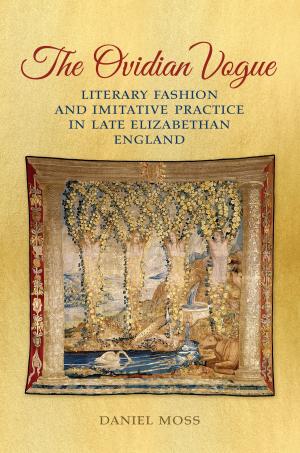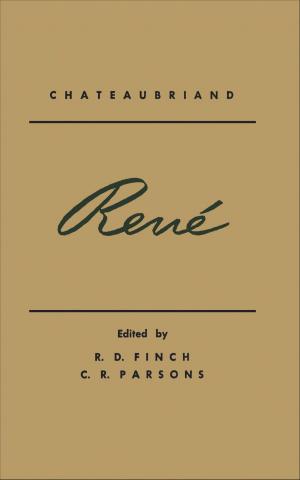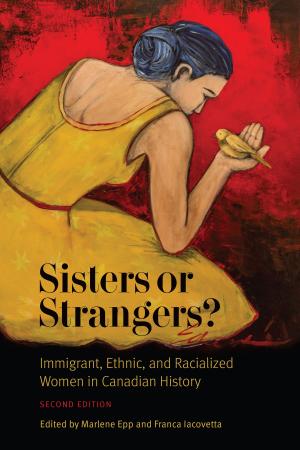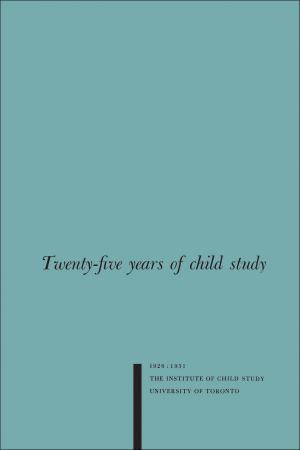Say What I Am Called
The Old English Riddles of the Exeter Book & the Anglo-Latin Riddle Tradition
Fiction & Literature, Literary Theory & Criticism, Medieval| Author: | Dieter Bitterli | ISBN: | 9781442692022 |
| Publisher: | University of Toronto Press, Scholarly Publishing Division | Publication: | May 9, 2009 |
| Imprint: | Language: | English |
| Author: | Dieter Bitterli |
| ISBN: | 9781442692022 |
| Publisher: | University of Toronto Press, Scholarly Publishing Division |
| Publication: | May 9, 2009 |
| Imprint: | |
| Language: | English |
Perhaps the most enigmatic cultural artifacts that survive from the Anglo-Saxon period are the Old English riddle poems that were preserved in the tenth century Exeter Book manuscript. Clever, challenging, and notoriously obscure, the riddles have fascinated readers for centuries and provided crucial insight into the period. In Say What I Am Called, Dieter Bitterli takes a fresh look at the riddles by examining them in the context of earlier Anglo-Latin riddles. Bitterli argues that there is a vigorous common tradition between Anglo-Latin and Old English riddles and details how the contents of the Exeter Book emulate and reassess their Latin predecessors while also expanding their literary and formal conventions. The book also considers the ways in which convention and content relate to writing in a vernacular language. A rich and illuminating work that is as intriguing as the riddles themselves, Say What I Am Called is a rewarding study of some of the most interesting works from the Anglo-Saxon period.
Perhaps the most enigmatic cultural artifacts that survive from the Anglo-Saxon period are the Old English riddle poems that were preserved in the tenth century Exeter Book manuscript. Clever, challenging, and notoriously obscure, the riddles have fascinated readers for centuries and provided crucial insight into the period. In Say What I Am Called, Dieter Bitterli takes a fresh look at the riddles by examining them in the context of earlier Anglo-Latin riddles. Bitterli argues that there is a vigorous common tradition between Anglo-Latin and Old English riddles and details how the contents of the Exeter Book emulate and reassess their Latin predecessors while also expanding their literary and formal conventions. The book also considers the ways in which convention and content relate to writing in a vernacular language. A rich and illuminating work that is as intriguing as the riddles themselves, Say What I Am Called is a rewarding study of some of the most interesting works from the Anglo-Saxon period.

